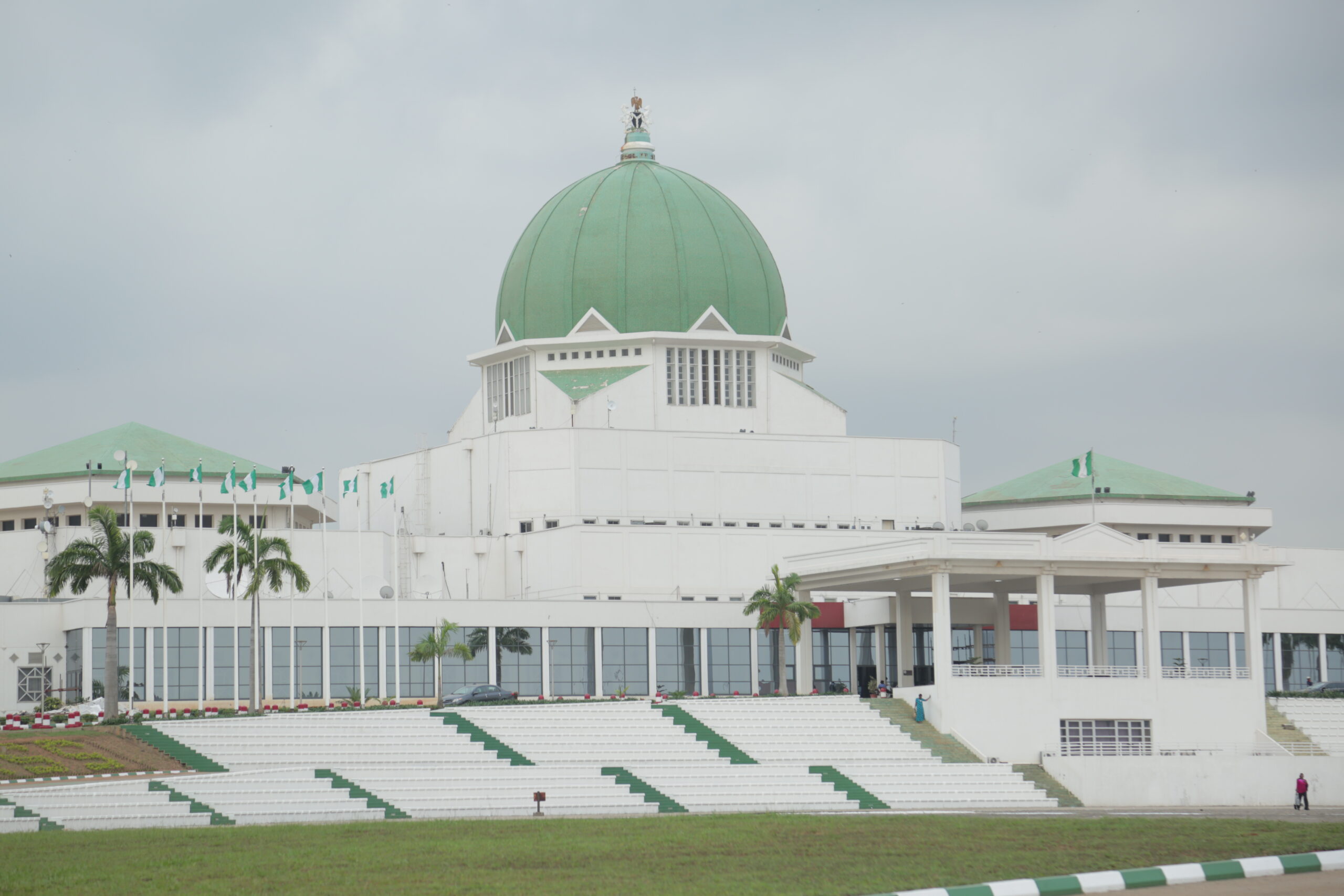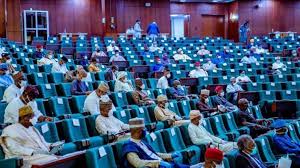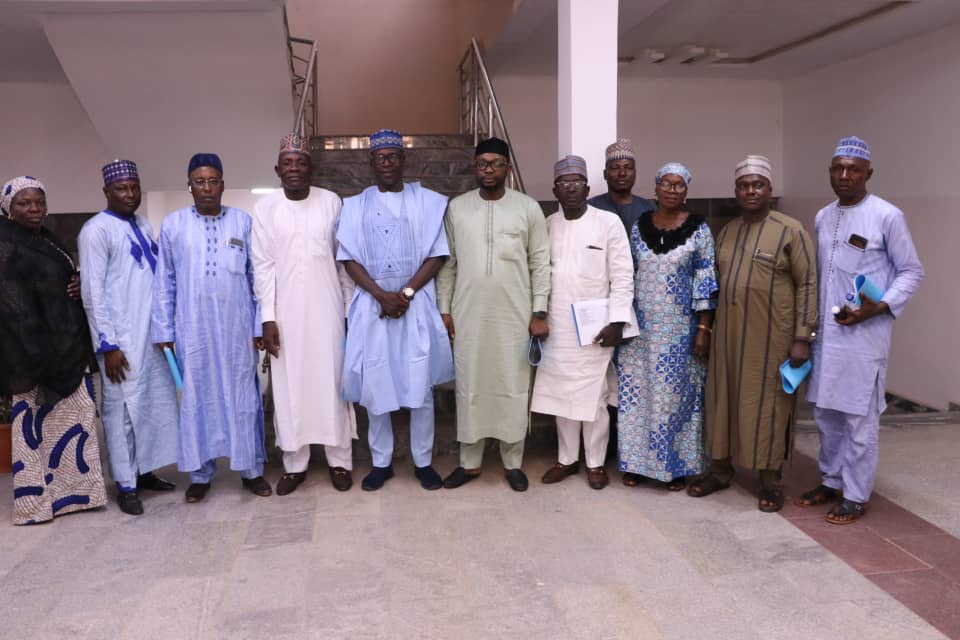***Querry how economy is doing well without corresponding impact on common man.
Lawmakers have raised concerns about the Federal Government’s decision to peg inflation at 15% in the 2025 budget projections, describing it as overly ambitious given the current economic climate.
This follows the presentation by Finance Minister Wale Edun during a legislative session on the 2025 Appropriation Bill.

Edun, in his address, expressed optimism about Nigeria’s economic direction, highlighting a projected GDP growth rate of 3.5% and increased revenue from both the oil and non-oil sectors.
He had also indicated that the economy is having a positive leap.
However, senators wondered how the economy could be having a positive outlook without impacting the populace positively
They also questioned the feasibility of the inflation target, citing persistent challenges such as exchange rate instability, high interest rates, and rising food prices.
Senator Orji Uzor Kalu, leading the discussion, noted that while the Central Bank of Nigeria (CBN) has taken measures to combat inflation through monetary tightening, structural economic issues remain unresolved “Pegging inflation at 15% assumes a level of fiscal discipline and policy coordination that we are yet to see materialize. It’s not just about monetary policy; we need aggressive efforts on food security, energy stability, and industrial output,” Kalu remarked.
Senator Tokunbo Abiru from Lagos East added that the government’s reliance on an envelope budgeting system could further strain fiscal resources. “Inflation is not just a monetary phenomenon. If we are not addressing revenue leakages and inefficiencies in public spending, achieving this target will remain a mirage,” he said.
In response, Minister Edun defended the 15% inflation benchmark, explaining that it reflects the CBN’s confidence in its monetary policy framework and the government’s efforts to boost food production.
“Central Bank of Nigeria is indicating a 15 per cent inflation rate by the end of 2025, it is achievable, we are working hard towards it,we look forward to achieving it.
“And it is their signalling of where inflation is expected to lie that has given us this interest rate. However, we all have a role to play.
“Even if monetary policy helps to try to bring down inflation, however, on the fiscal side, it is important that we contribute to lower inflation, not just by really squeezing demand, but by increasing supply.
“Increasing supply of food is one of the major commitments that is already laid out, we are having a dry season harvest now, and we have mobilised 250,000 farmers to be able to produce 750,000 metric pounds of assorted grains from the dry season farming”.
Mr. Edun also said that under President Bola Tinubu, the country’s economy is growing positively as the budget deficit as percentage to Gross Domestic Product, GDP, is falling while debt service ratio as percentage to revenue is improving.
“After eighteen to twenty months, under the able and visionary leadership of President Bola Tinubu, we have been inspired as a nation to re-determination forbearance arrive st the situation where the economy is very much turning the corner, it is growing. The budget deficit as percentage to Gross Domestic Product, GDP, is falling while debt service ratio as percentage to revenue is improving”
Economic analysts are divided on the issue. While some see the government’s optimism as a sign of progress, others warn that external shocks, such as global oil price volatility and geopolitical tensions, could derail the inflation target.
Dr. Amina Yusuf, an economist at the University of Abuja, stated, “The government is relying heavily on projections without addressing the structural bottlenecks that fuel inflation. The focus should be on building domestic capacity, especially in agriculture and manufacturing.”
In his opening remarks, the Chairman Senate Committee on Finance, Senator Sani Musa urged Ministries, Departments and Agencies (MDAs) to present a budget that is realistic, implementable, focused and tailored towards attainment of measurable outcomes.
Senator Musa said the MDAs budget should have a clear purpose and translate to tangible benefits for the populace on implementation.
He said the it was the responsibility of the legislature to ensure efficient and transparent allocation of government resources to drive development and needs of the people, adding that ministry of finance plays a foundational role in shaping economic policies and fiscal strategies.
“The impact of this action will be released across all sectors, and as such, this budget must reflect prudence, accountability, and alignment with the priority of the people.
“We understand the challenges you face in balancing the demands of your mandate with available resources.
“However, as custodians of the public costs, it is our collective responsibility to ensure that everyone contributes meaningfully to our shared goals.
“This session is an opportunity for MDAs to address the challenges they face supported by clear data and justifiable expenditures, this process is not adversarial but collaborative as we all share the common goal of advancing the economic well-being of our country,”Musa said.
As the National Assembly scrutinizes the 2025 budget, lawmakers are expected to press for clearer strategies to ensure that inflation targets align with economic realities. For now, the debate underscored a growing tension between the government’s optimistic outlook and the scepticism of legislators tasked with holding it accountable.
The discussion continues as Nigeria navigates the complexities of rebuilding its economy in an increasingly challenging global environment.




